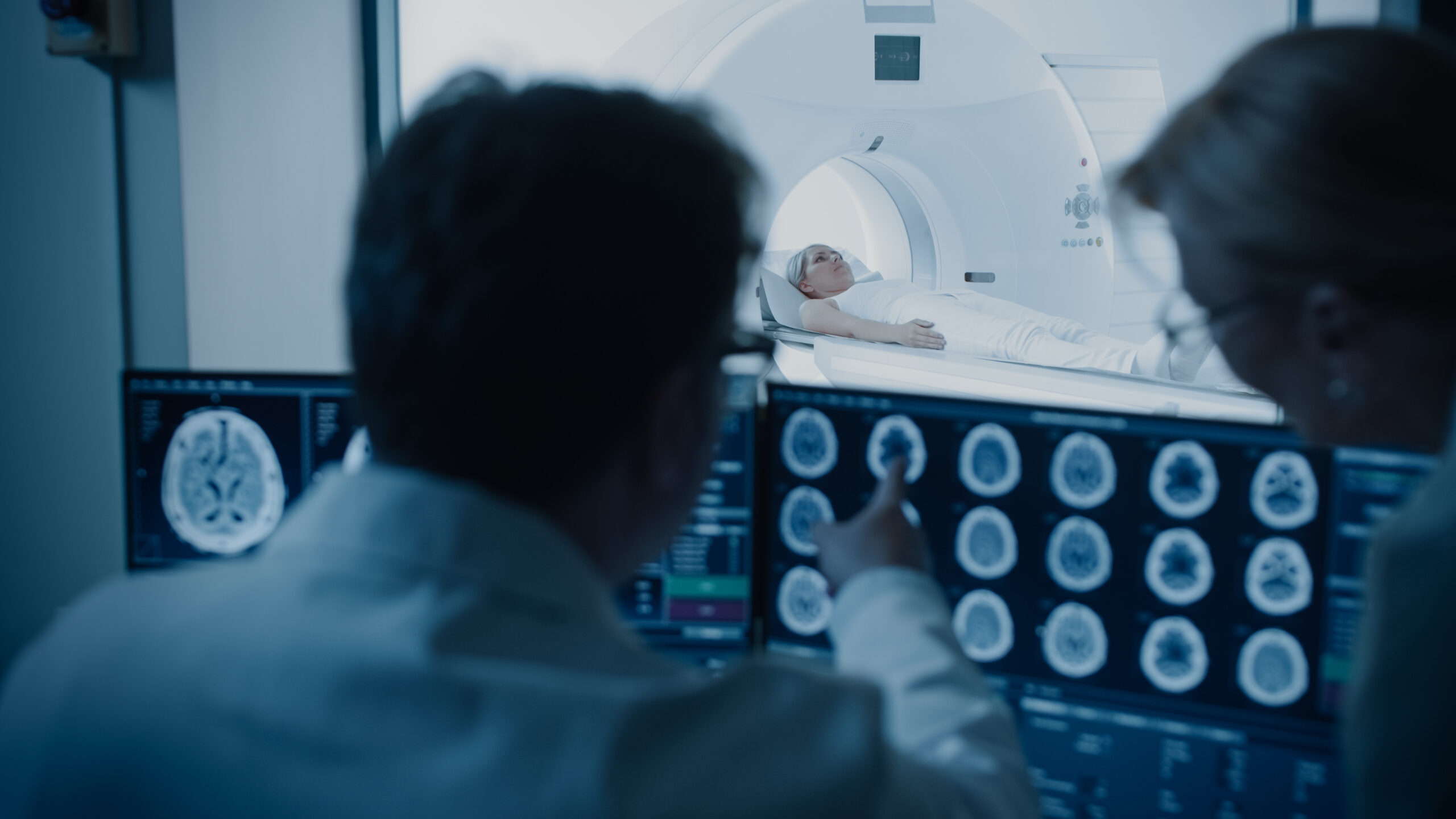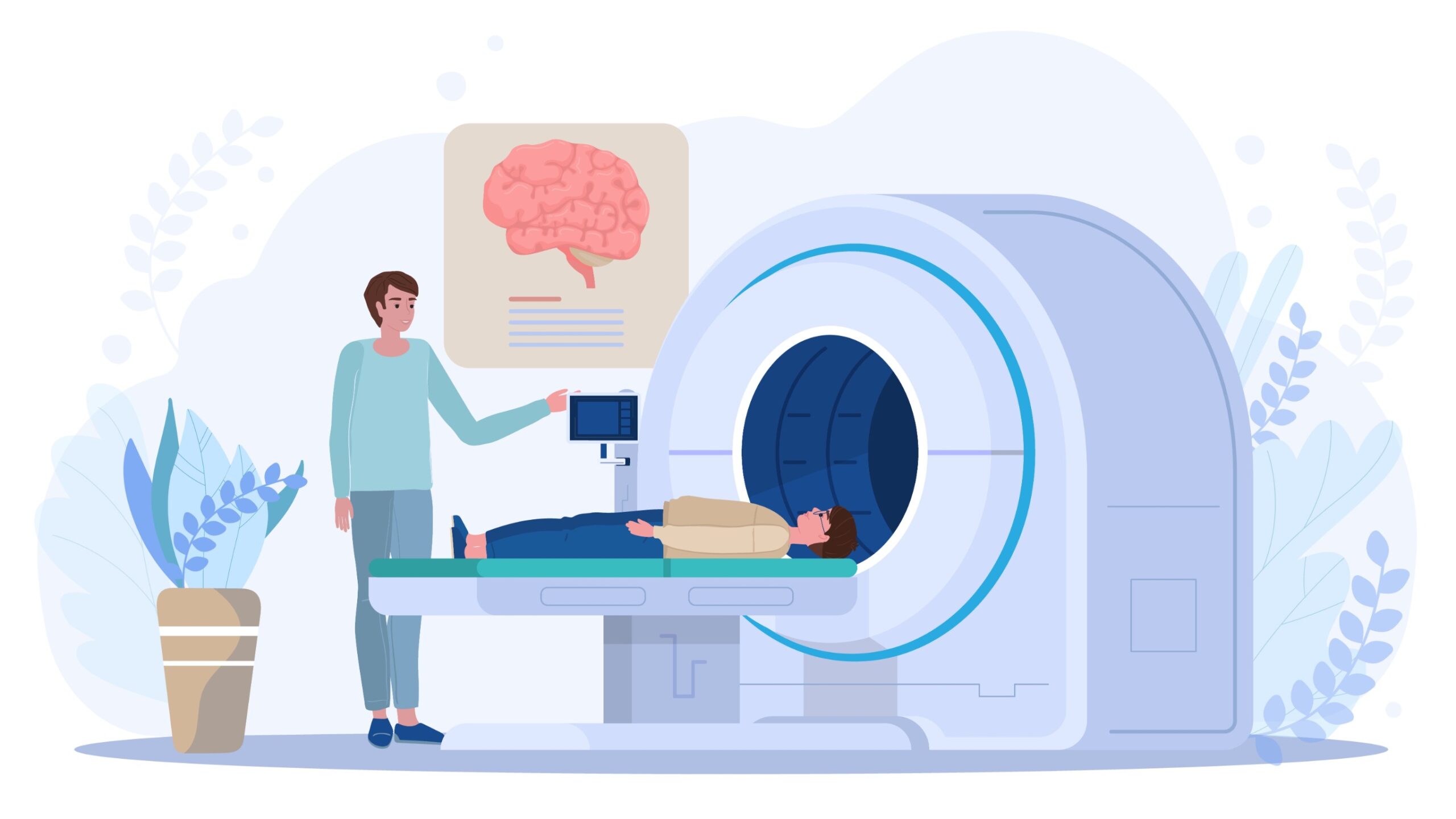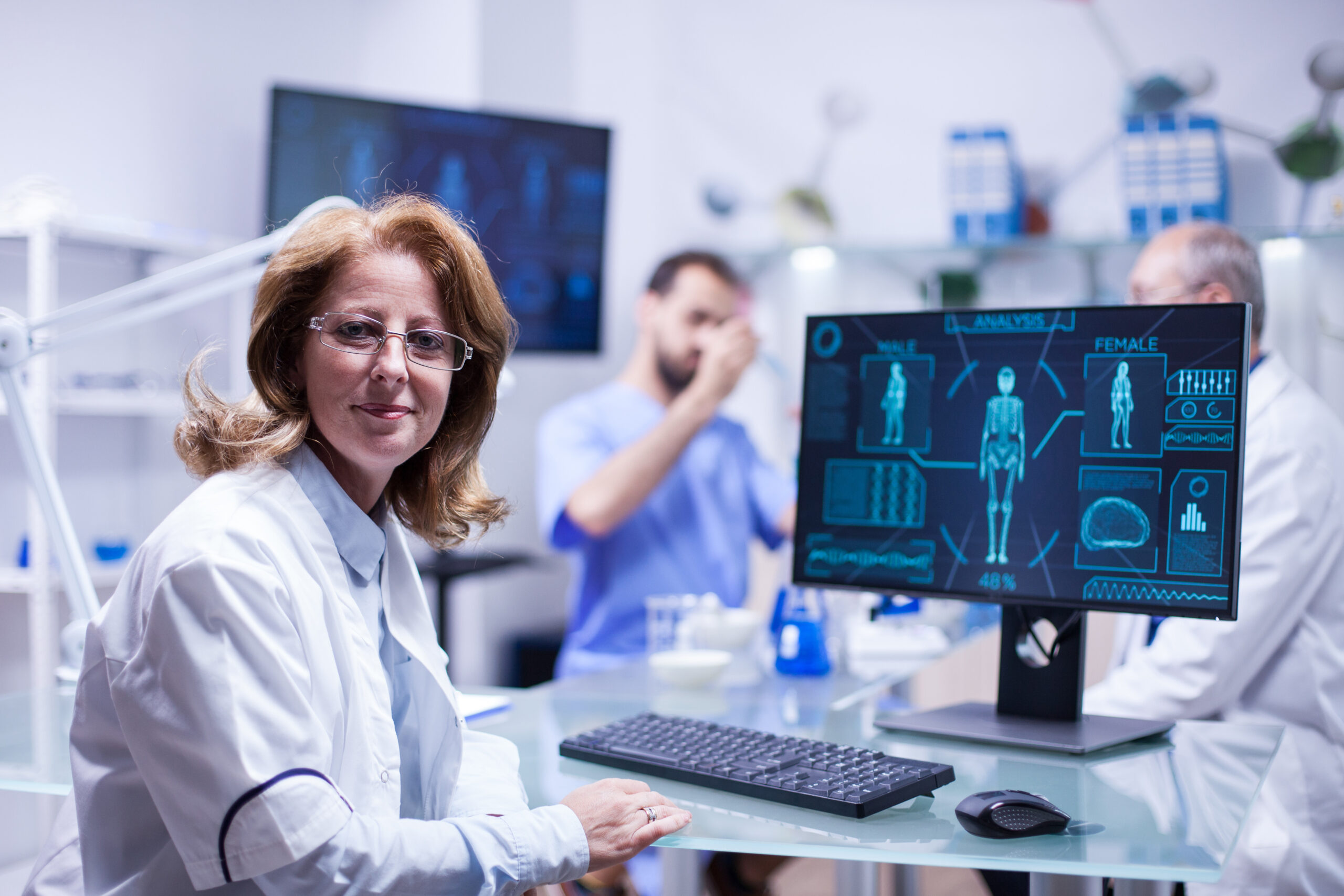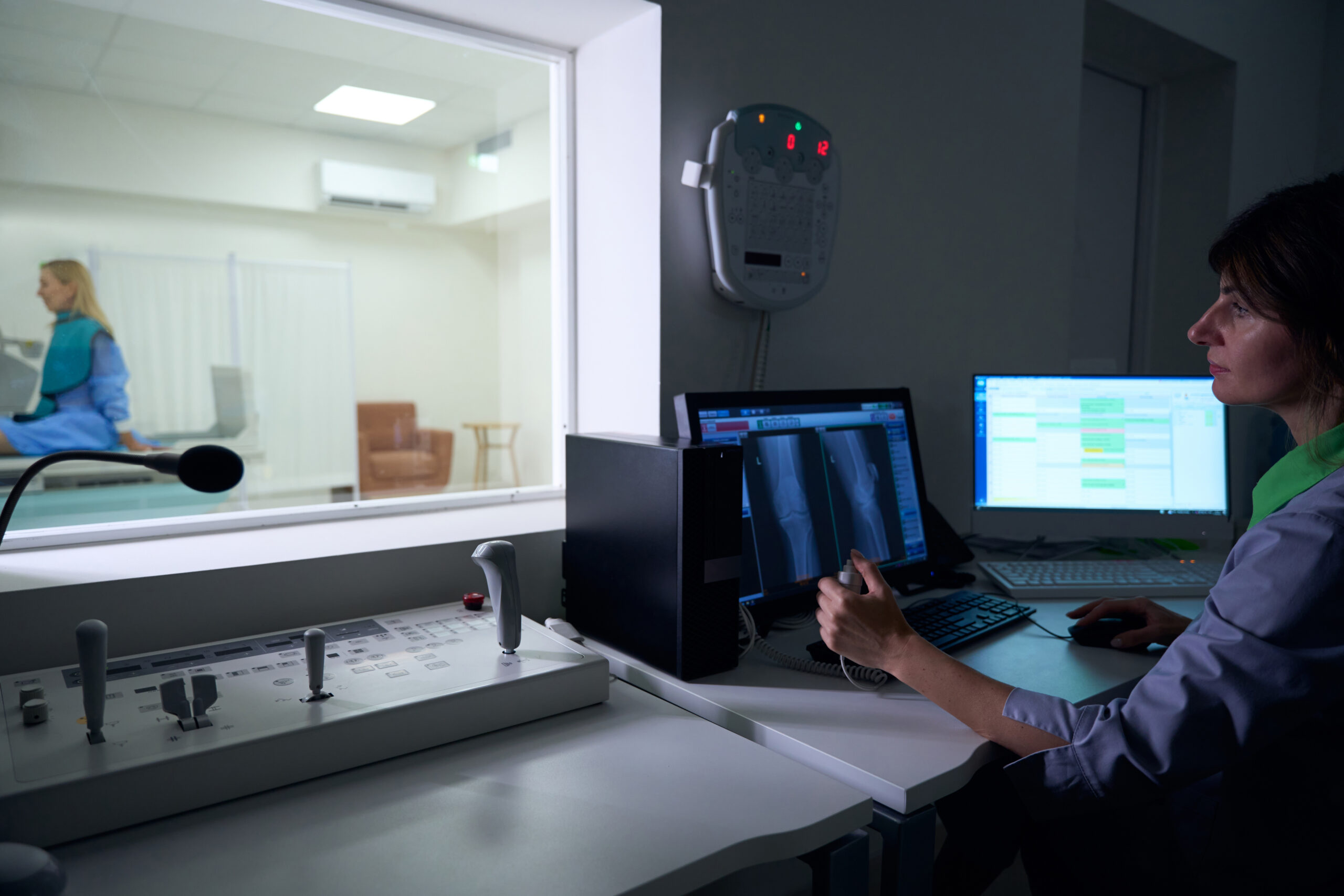When it comes to medical imaging, procedures like PET/CT scans and MRIs are essential tools for diagnosing a wide range of conditions. However, despite their importance, there are many misconceptions and myths that can cause confusion and unnecessary anxiety for patients. Understanding the facts about these imaging techniques can help you make more informed decisions about your health.
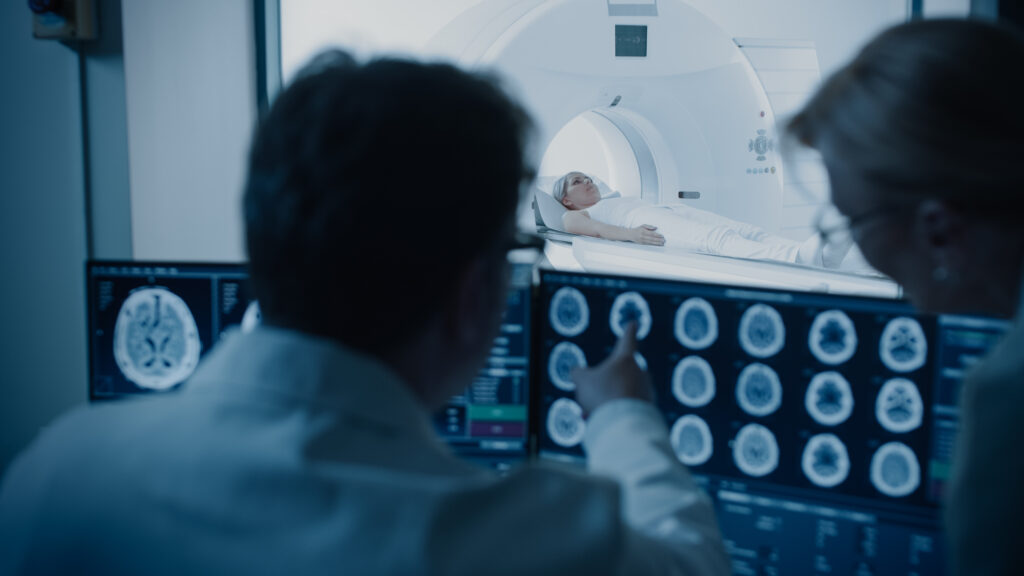
In this blog, we’ll explore some of the most common myths about PET/CT and MRI scans, clarify the facts, and provide helpful insights to ensure you feel confident and comfortable when undergoing these diagnostic procedures.
Debunking Myths
There are several misconceptions surrounding medical imaging technologies, particularly PET/CT and MRI scans. While these advanced imaging techniques are widely used, misinformation can lead to unnecessary fears or confusion. Let’s take a look at some of the most common myths:
Myth 1: MRI Scans Are Painful
One of the most widespread myths about MRIs is that the procedure is painful. Many people assume that the MRI machine is uncomfortable and that the procedure will hurt.
Myth 2: PET/CT Scans Are Only for Cancer Detection
Another common myth is that PET/CT scans are exclusively used to detect cancer. While PET/CT is a powerful tool in cancer diagnosis and staging, it is also used to evaluate other conditions, such as heart disease, neurological disorders, and infections.
Myth 3: PET/CT and MRI Scans Expose You to Dangerous Levels of Radiation
Some patients worry that PET/CT and MRI scans expose them to harmful radiation. While PET/CT scans do involve some radiation, the levels used are carefully controlled and the benefits typically outweigh the risks. MRI scans, on the other hand, do not use radiation at all and rely on magnetic fields to produce images.
Myth 4: MRIs Are Only for Brain or Spine Imaging
A lot of people believe that MRI scans are only used to image the brain or spine. While MRIs are excellent for imaging the brain and spine, they are also commonly used to evaluate soft tissues in other parts of the body, such as muscles, joints, organs, and blood vessels.
Myth 5: PET/CT and MRI Scans Are Only for Diagnosing Severe Conditions
Many patients assume that PET/CT and MRI scans are only used when a serious condition is suspected. In reality, these imaging tools are often used for routine screenings, follow-up assessments, and monitoring chronic conditions.
Facts vs. Fiction
Now that we’ve looked at some of the myths surrounding PET/CT and MRI scans, let’s clear up the confusion by highlighting the actual facts.
Fact 1: MRIs Are Painless and Non-Invasive
An MRI scan is a completely non-invasive and pain-free procedure. The most common discomfort comes from having to lie still for an extended period inside a closed tube-like machine. However, the scan itself does not cause any pain. Open MRI machines are also available for patients who experience claustrophobia.
Fact 2: PET/CT Scans Are Used for a Variety of Conditions
While PET/CT scans are crucial in cancer diagnosis, they are also effective in detecting heart disease, evaluating brain disorders, and identifying infections. This imaging technique helps healthcare providers assess the function and health of organs and tissues, providing valuable insights for a wide range of conditions.
Fact 3: Radiation Exposure Is Minimal and Safe
PET/CT scans do involve a small amount of radiation, but the levels are low and strictly controlled to minimize any risks. The benefits of accurate diagnosis far outweigh the minimal risks associated with radiation exposure. On the other hand, MRI scans are radiation-free, making them an excellent option for patients who wish to avoid radiation exposure.
Fact 4: MRI Can Image Many Parts of the Body
MRI scans are not just for the brain and spine. They are also highly effective in imaging muscles, joints, internal organs, blood vessels, and soft tissues throughout the body. MRI is frequently used to detect injuries, inflammation, and abnormalities in various parts of the body.
Fact 5: PET/CT and MRI Scans Are Valuable for Preventative and Follow-up Care
PET/CT and MRI scans are often used in routine health checkups and follow-up care. For patients with a history of certain conditions, these scans are essential tools for monitoring changes over time and detecting potential issues early.
Educating Patients
It’s important for patients to feel informed and confident when undergoing any medical procedure. Misunderstandings about PET/CT and MRI scans can cause unnecessary anxiety, but knowing the facts can help ease your concerns.
If you’re considering a PET/CT or MRI scan, here are a few tips to help you prepare:
- Ask Your Doctor for Details: Your healthcare provider will explain the reasons for recommending a specific imaging test and provide any necessary instructions. Don’t hesitate to ask questions about the procedure, risks, and preparation steps.
- Understand the Process: Knowing what to expect during the scan can help alleviate any nervousness. For example, MRI scans usually take between 30 and 60 minutes, and you’ll need to remain still during the procedure.
- Prepare for the Appointment: Depending on the type of scan, you may need to avoid eating or drinking for a few hours beforehand. Your imaging center will provide you with specific instructions.
By staying informed and asking questions, you can ensure that your experience is as smooth and stress-free as possible.
Conclusion
Understanding the facts behind PET/CT and MRI scans can help you overcome common misconceptions and make informed decisions about your healthcare. Whether you’re undergoing these scans for diagnostic purposes, follow-up care, or routine screening, knowing what to expect can help you feel more confident about the process.
At PET CT of Miami, we’re committed to providing clear information and compassionate care to all of our patients. With state-of-the-art equipment, a team of experienced professionals, and a patient-centered approach, we ensure that you receive the highest-quality imaging services in a comfortable and supportive environment.
About PET CT of Miami
PET CT of Miami offers advanced PET/CT and MRI imaging services with a focus on patient care, comfort, and accuracy. Our experienced team is here to provide you with the highest level of care and the most advanced diagnostic technology. Schedule your appointment with us today to experience the difference.
Schedule Your Appointment Online Booking your PET/CT or MRI scan is easy! Visit our website to schedule your appointment online today and take the first step toward a more informed and healthier tomorrow.

